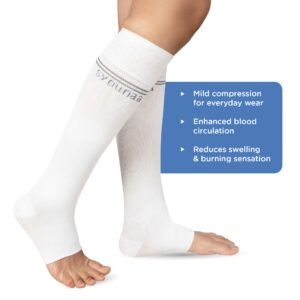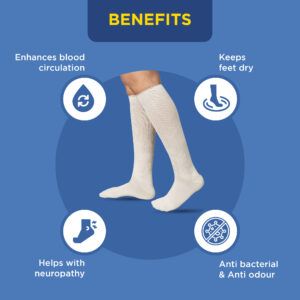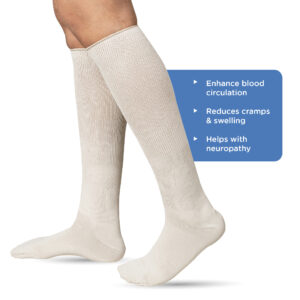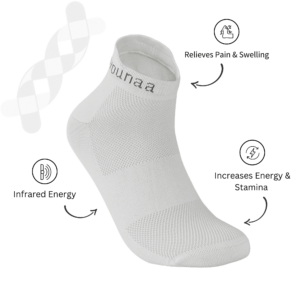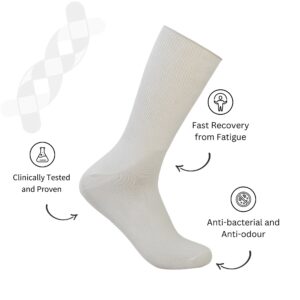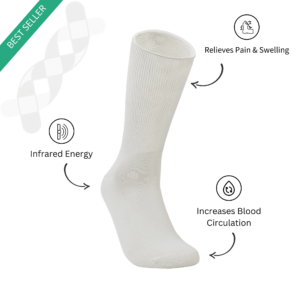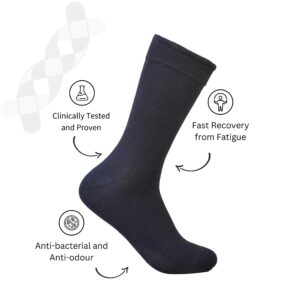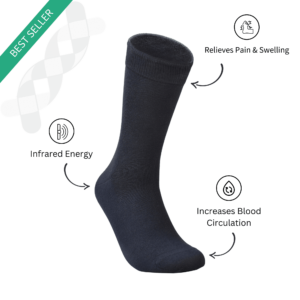Did you know an average American family spends 40% of their food budget on eating out? In the 1940s, the concept of ‘Fast Food’ first began in California, America, and from then on fast food and diabetes spread like to the rest of the world like a forest fire.
A study conducted in 2016 in India shows us how grave the situation is in our country. The Indian fast food industry earns around 7,000 crores annually, and that amount is expected to increase in the coming years.
Adolescent children are the most affected by the availability of fast food. The above research shows that around 22% of adolescents and 4% of children said they eat fast ‘very frequently’ (i.e., more than 3 times a week).
There are many adverse effects of fast food on the body; however, in this article, we will talk about two major concepts, namely:
1. How Fast Food Causes Diabetes
2. How Fast Food Affects Diabetes
We hope this helps you make better dietary decisions so that you can stay healthy and fit even with diabetes.
How Does Fast Food Cause Diabetes?
Fast food leads to a sudden change in our body. To start with, we usually have an aerated drink with our burger or pizza. These drinks have what we call ‘empty calories’ or calories that don’t make us feel full, yet add to our calorie count. So, we tend to eat more than we require without even realising the amount of sugar and salt it adds to our system.
1. Effects of Too Much Salt
Too much salt usually creates a lot of pressure on our blood vessels, causing their walls to constrict. The narrower your walls become, the harder it is for blood to pass through. This increases your blood pressure.
As you may know, there are two kinds of pressures that allow the heart to pump blood. They are:
1. Systolic Blood Pressure – The force that pumps blood from the heart to the arteries
2. Diastolic Blood Pressure – The pressure in the walls of the arteries when the heart is at rest
An increase in blood pressure causes the heart to beat faster, therefore, increasing the systolic blood pressure. Research shows that we are at a higher risk of developing Diabetes if our systolic blood pressure increases by 20 mmHg.
With increased consumption of fast food, we are far more likely to increase our blood pressure and put our bodies at risk of developing Diabetes.
2. Effects of Too Much Sugar

Diabetes is also called ‘high blood sugar,’ ‘blood glucose’ or ‘hyperglycaemia.’ So, sugar plays a massive role in Diabetes. After all, those with Diabetes cannot regulate blood sugar. But can sugar cause Diabetes?
Research shows that there is no direct correlation between sugar and Diabetes. Which means that if you overeat sugar, it won’t directly lead to Diabetes. However, sugar may lead to obesity, and obesity can cause Diabetes.
3. Effects of Trans Fat
Trans fat is hardly ever found in the natural environment, but it’s always in abundance in fried food. Unlike saturated and unsaturated fatty acids, trans fats have no health benefits altogether. Naturally, it isn’t a surprise that trans fat can lead to Diabetes.
A study conducted among 80,000 women showed that those who consumed high amounts of trans fat were at 40% higher risk of developing Diabetes. Nevertheless, the correlation between trans fat and Diabetes is not yet confirmed.
Increased consumption of trans fat through fast food increases the build-up of visceral fat around our belly, which puts us at a higher risk of developing type 2 diabetes.
How Does Fast Food Affect Diabetes?
It’s one thing to get type 2 diabetes from too much fast food consumption, but what if you already have Diabetes? How would fast food affect you then?
As a person with diabetes, your body is either unable to produce insulin or can no longer make use of the insulin it produces. This makes it difficult for your body to supply organs and tissues with the fuel needed for them to work.
The thing with fast food is that it makes it a little more difficult for your body to function normally. Add Diabetes to the mix, and you can imagine how overworked and undernourished our organs become.
Junk food rapidly increases your blood sugar, and since your insulin doesn’t work efficiently, sugar enters the bloodstream with no proper direction.
With a lack of insulin to control blood sugar and the sudden hyperglycaemia from fast food, we can face a series of problems like:
- Resistance in blood vessels
- Free-flowing sugar becoming an obstacle for oxygenated blood from entering tissues and organs
- Suffocated internal organs
- Pressure on the heart as it pumps more blood without receiving enough oxygen
Frequent consumption of fast food products can cause severe health problems. It’s even worse if you have Diabetes because it is irreversible.
It is for this very reason; we urge you not to consume fast food often. Yes, you may be out on vacation with your kids, and maybe you just shifted to a new place. Our choices make a significant difference in our health.
Lastly, it’s okay to have a cheat day once in a while, but even in those cheat days, you should maintain portion sizes. Pick at least one fruit dish or salad in your meal and stay away from combo offers. Remember, fast food and diabetes is a lethal combination, we need to keep it at bay.
Apart from lesser intake, you should also work out for at least 30 minutes every day. Make sure to invest in comfortable diabetic socks to keep your feet comfortable during workout routines.
A combination of these healthy habits will make it easier for you to manage your Diabetes. If you follow these simple tips, you can sit back and enjoy the meal on your cheat day.














